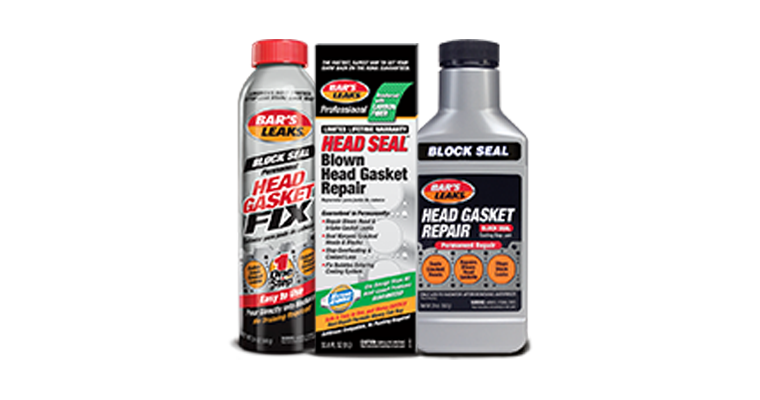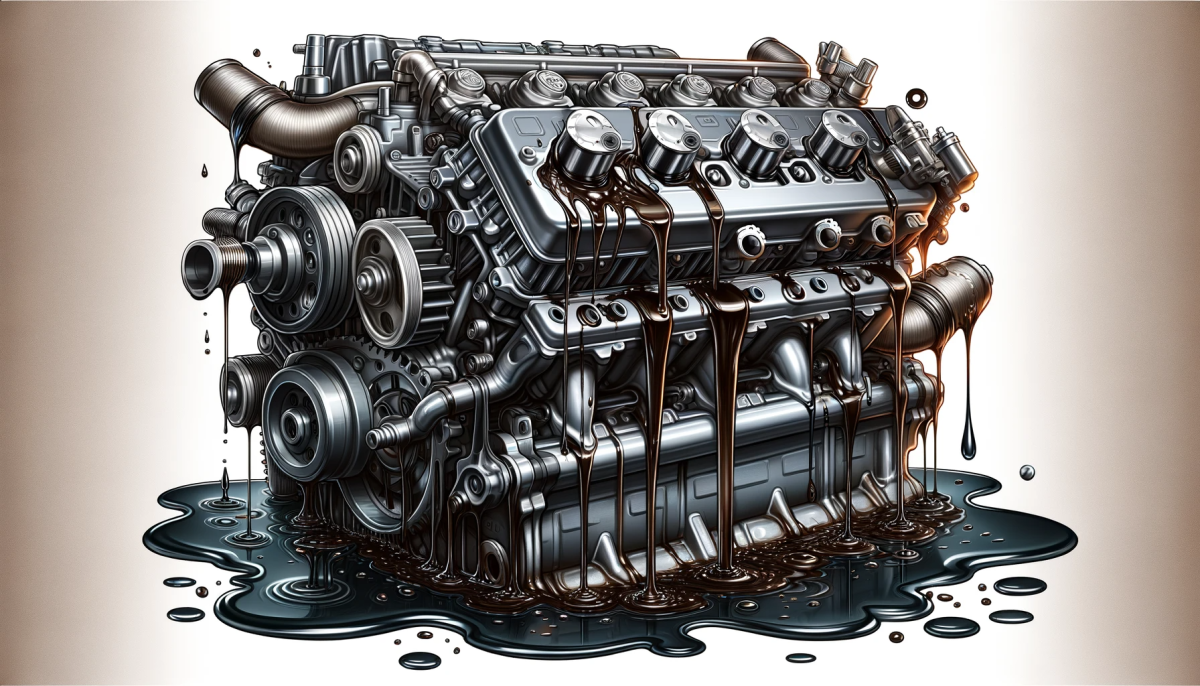Common Reasons for Vehicle Overheating
You probably don’t need to be told this, but an overheating vehicle is a major problem – we talk to customers about it literally every day. Not only can an overheating vehicle keep you from getting where you need to go, but it can also cost a lot in towing and repairs. The key to avoiding further damaging your engine is knowing the reasons why a vehicle overheats and then taking steps to correct the issue at the first signs of a problem.
Here at Bar’s Leaks, we have the market-proven products you need to repair blown or leaking head gaskets, which is the leading cause of engine overheating. We’ve put together this brief explanation of vehicle overheating to help you identify when your engine is in need of some attention.
Why Is My Vehicle Overheating?
Your car engine uses coolant (commonly also called antifreeze) to dissipate the heat produced during combustion. Coolant flows through passages in your engine to cool the walls of your engine block and cylinder heads. This coolant is then pumped through the radiator, where passing air removes the heat from the coolant itself so the coolant temperature drops and can remove more heat from your engine. This continues in a cycle, or a loop.
At the intersection between your engine block and cylinder head there is a thin metallic component called the head gasket. This gasket is important to the proper functioning of your engine. But why?
-
What Does a Head Gasket Do?
Your head gasket creates a seal between your engine block and cylinder head, keeping coolant in the coolant channels (or galleries) and from leaking out. It also keeps your coolant from mixing with your engine oil and entering your combustion chambers, where it could cause major damage.
-
What Happens When a Head Gasket Fails?
Years of use, heat and stress can cause a head gasket to crack or fail. When this occurs, coolant is free to either exit the engine — creating a major leak that’s visible as coolant pooling on the ground — or to enter your cylinders, where it mixes with the oil and can cause your engine to misfire or seize.
-
What Causes a Head Gasket to Fail?
Head gaskets are torqued to a specific load during engine manufacturing. They are under a lot of stress and subjected to heat, pressure and vibrations during regular vehicle use. Over time, these stresses can create small cracks that eventually work their way through the gasket, leading to failure.
What to Do When Your Head Gasket Fails
By the time your head gasket fails, it’s too late to do anything short of having your engine pulled apart and your gasket repaired. That’s why, at the first sign of coolant loss or overheating issues, it’s important to stop driving and add one of our head gasket repair products.

You can locate a store in your area that carries Bar’s Leaks using our handy online locator or check for Bar’s Leaks head gasket and cooling system products at popular sites like Walmart and Amazon.
If you think your car is suffering from head gasket-related overheating, please contact us. We’ll talk you through your issue, and if we can help, point you in the right direction.




